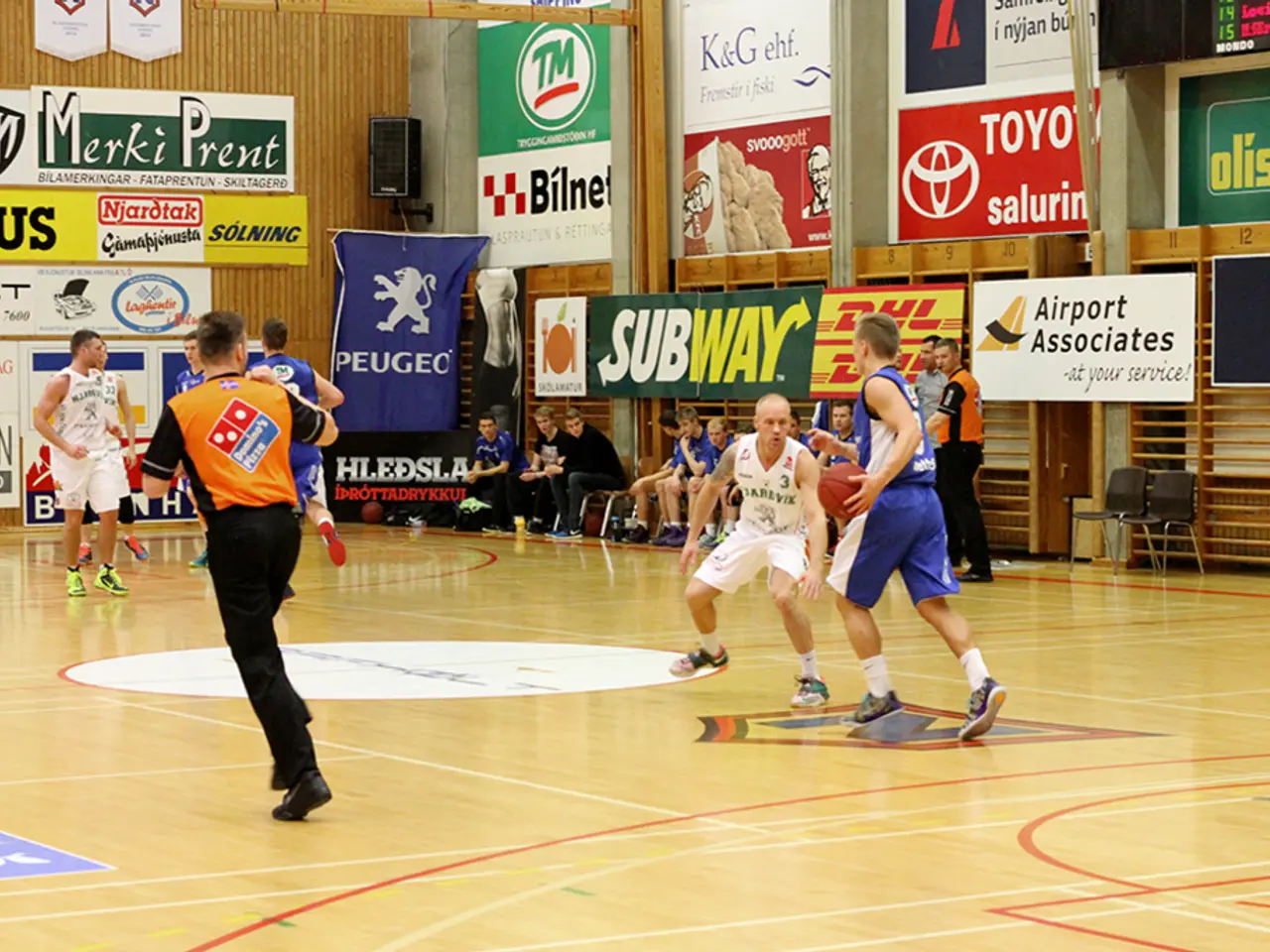NCAA Confronted with Antitrust Dilemma in Diego Pavia Lawsuit
The Pavia v. NCAA case is currently being heard by a three-judge panel on the U.S. Court of Appeals for the Sixth Circuit. The hearing is regarding whether Chief U.S. District Judge William L. Campbell Jr. correctly decided to grant Diego Pavia, a Vanderbilt quarterback, a preliminary injunction to play this fall.
During the hearing, Kilaru, the NCAA attorney, argued that college sports are unique and different from professional sports. He used examples such as "you have to be a certain age to play Little League" and how a player on the LPGA Tour needs to be a woman to support his argument. However, the judges seemed unconvinced, emphasising a potential "classic restraint of trade" problem with the eligibility rules.
A key point of contention was the lucrative Nature, Image, and Likeness (NIL) opportunities for football players like Pavia. The judges questioned Kilaru's use of analogies, citing these opportunities as a factor that makes college sports more akin to professional sports. Hermandorfer, one of the judges, also pointed out the complexities of today's college sports world, with unlimited transfers and various ways to delay NCAA eligibility, such as by doing a postgraduate year after high school.
The NCAA has granted Pavia and similarly situated athletes a one-time waiver for the 2025-26 academic year. However, the judges are considering whether the case is moot since Pavia is playing this fall and the NCAA has promised not to withdraw the waiver even if it wins the appeal. Kilaru urged the judges not to find mootness, as Pavia could seek to play another season in 2026.
Downton, Pavia's attorney, argued that if the NCAA is to receive an exemption, it should be created by Congress or through collective bargaining (in a world where college athletes are employees and unionized). He also suggested that GPA could be subject to antitrust analysis but argued that it's a reasonable restraint on trade, related to academic progress and other NCAA educational goals.
Hermandorfer questioned the NCAA's position, suggesting that the eligibility rules may create an antitrust problem due to a potential horizontal agreement among competing schools to refuse to deal with certain types of college athletes. He also hinted at the resemblance of college sports at the highest level to professional leagues before their athletes formed unions and collectively bargained rules exempt from antitrust scrutiny.
The judges didn't seem persuaded by Kilaru's arguments that college sports are more about education than business. Downton, Pavia's attorney, agreed with Kilaru that the appeal isn't moot and wants the Sixth Circuit to deny the NCAA's appeal on substantive, not mootness grounds. The judges hinted a ruling might come sooner rather than later, with a ruling expected within the next couple of months. The judges who agreed in the U.S. Court of Appeals for the Sixth Circuit in the Pavia v. NCAA case were Judges Amul Thapar, Chad Readler, and Whitney Hermandorfer.
Read also:
- United States tariffs pose a threat to India, necessitating the recruitment of adept negotiators or strategists, similar to those who had influenced Trump's decisions.
- Weekly happenings in the German Federal Parliament (Bundestag)
- Southwest region's most popular posts, accompanied by an inquiry:
- Discussion between Putin and Trump in Alaska could potentially overshadow Ukraine's concerns








